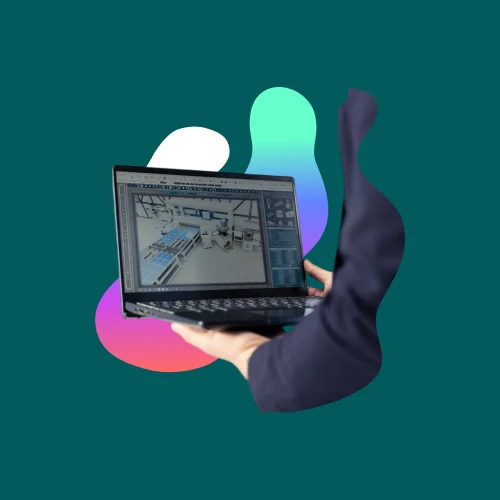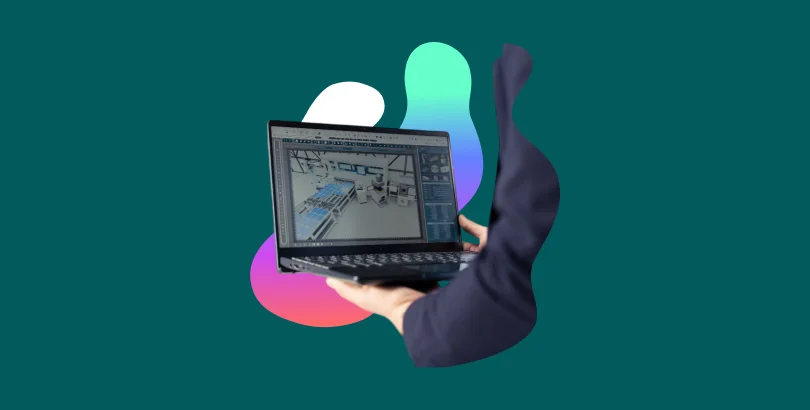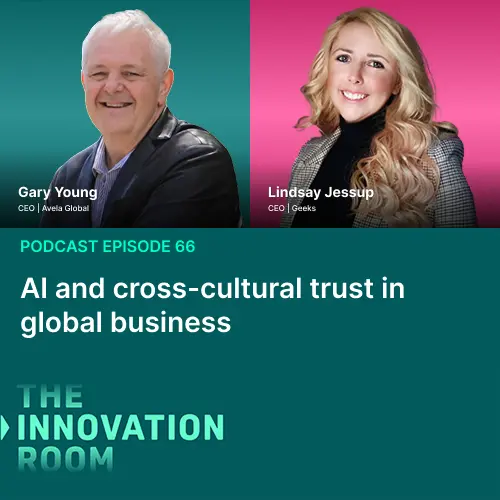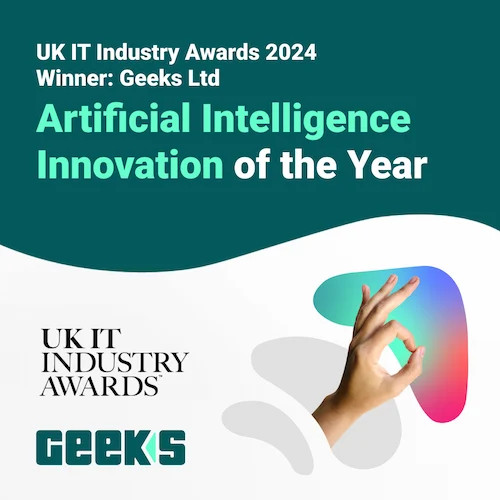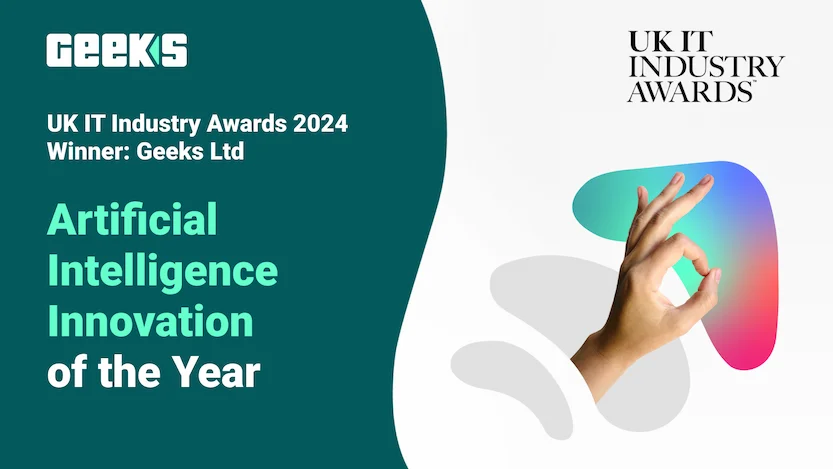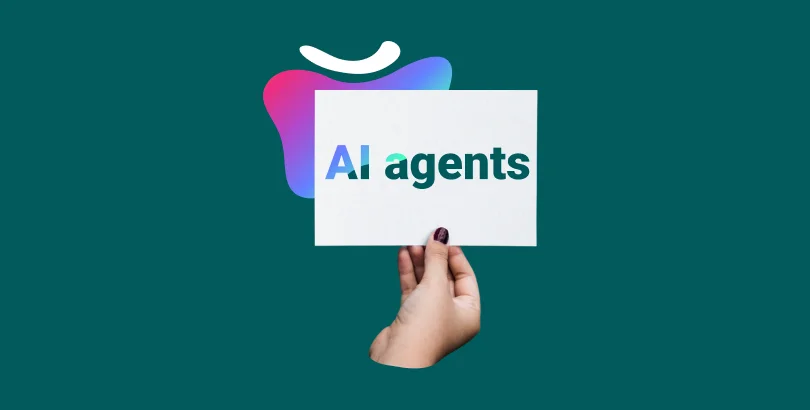
For the last decade, Robotic Process Automation (RPA) has been central to enterprise automation, helping organisations cut costs and improve efficiency by automating repetitive, rule-based tasks. The limits are now becoming clear. RPA bots are difficult to scale, expensive to maintain, and cannot adapt when processes or data change.
The next stage is AI agents. Unlike RPA, AI agents can learn, adapt, and make decisions in complex environments. They move automation from scripted processes to intelligent systems that deliver resilience and scalability.
The shift is already underway. The intelligent process automation market is projected to grow from USD 15.2 billion in 2024 to USD 48.8 billion by 2034 at a CAGR of 14.3%. In parallel, the AI agents market is forecast to rise from USD 7.8 billion in 2025 to USD 52.6 billion by 2030.
This article explores AI agents vs RPA, why AI agents are set to replace RPA in the next five years, and what this trend means for the future of intelligent automation.
The rise and limits of RPA
Robotic Process Automation became the default automation tool for enterprises by handling repetitive, rule-based tasks that cut costs and improved efficiency. It delivered consistency, compliance, and productivity gains across back-office functions, giving organisations a low-risk entry point into automation and extending the life of legacy systems.
Yet the limitations of RPA are now clear. Bots are brittle, expensive to maintain at scale, and unable to adapt to changing processes or unstructured data. Without the ability to learn or make decisions, RPA is effective only for static environments. It was a bridge technology that proved the value of automation, but it was not built for the complexity that businesses face today.
What makes AI agents different
AI agents are autonomous, adaptive, and context-aware systems that go far beyond traditional automation. Unlike RPA, which follows static scripts, AI agents can learn, reason, and make decisions in dynamic environments. They adapt to changes in processes or data, handle exceptions, and collaborate with humans by understanding context rather than relying solely on pre-programmed rules.
This shift from rule-based automation to intelligent autonomy has clear business impact. AI agents deliver faster insights, reduce maintenance costs, and provide resilience as systems evolve. In the debate of AI automation vs RPA, AI agents represent a new generation of automation that is flexible, scalable, and capable of driving continuous improvement rather than simply executing repetitive tasks.
Why AI is replacing RPA
The shift from RPA to AI agents is accelerating because businesses need automation that is flexible, resilient, and scalable. Unlike RPA, which struggles when processes or data change, AI agents are built for complex and evolving environments. They move automation from repetitive execution to intelligent decision-making that drives sustainable business value.
Key benefits of AI agents:
-
Adaptability: AI agents can process unstructured and semi-structured data such as emails, PDFs, images, or IoT sensor streams. RPA is limited to structured inputs and fails when formats vary, while AI agents learn and adjust to changing data patterns.
-
Resilience: Traditional bots break when applications update or workflows shift, creating expensive maintenance cycles. AI agents remain functional by interpreting context and adjusting behaviour, reducing downtime and support costs.
-
Scalability: RPA requires one bot per process, which makes scaling expensive and complex. AI agents leverage cloud-native infrastructure and distributed learning, making it easier to scale automation across departments without ballooning costs.
-
Intelligence: RPA executes rules reactively, but AI agents add reasoning and foresight. They can prioritise tasks, flag anomalies, and generate insights that support better decision-making, transforming automation from task execution to strategic augmentation.
-
Sustainable ROI: With RPA, returns often plateau once basic processes are automated. AI agents deliver continuous improvement by learning from data, optimising workflows, and supporting new use cases over time, ensuring a stronger long-term return on investment.
How industries are moving beyond RPA with AI agents
Across sectors, early adopters are already moving past the limits of RPA and experimenting with AI-driven automation. These examples show how industries are shifting from static, rule-based bots to intelligent, adaptive systems that deliver resilience and competitive advantage.
Finance
AI in finance automation is transforming compliance and fraud management. Instead of relying on RPA scripts to monitor transactions, financial institutions are deploying AI agents that analyse patterns in real time, detect anomalies, and adapt to evolving regulations. This shift enables faster response times, improved compliance accuracy, and reduced financial risk.
Healthcare
The use of AI in healthcare is moving beyond digitised workflows. Hospitals are adopting AI agents for patient triage, scheduling, and care management. These systems can analyse clinical records, symptoms, and test results to support decision-making, offering a more adaptive and scalable approach than RPA-driven form processing.
Manufacturing
In AI-powered manufacturing, businesses are shifting from basic process automation to predictive maintenance and quality control. AI agents can interpret data from IoT sensors, anticipate equipment failures, and optimise production schedules, capabilities that RPA bots cannot achieve due to their static design.
Construction
The construction sector is beginning to adopt AI in project management for risk forecasting and workforce planning. AI agents assess real-time data from site sensors, supply chains, and schedules to predict delays and safety risks, moving beyond RPA’s limited scheduling capabilities.
Transport and Logistics
AI in transport & logistics is driving real-time optimisation of supply chains and fleet operations. Instead of static routing rules, AI agents can dynamically adjust delivery paths based on traffic, weather, and demand forecasts. This provides agility and efficiency that RPA cannot replicate.
How to transition from RPA to AI with a hybrid automation model
RPA will not disappear overnight. For the next few years, many organisations will rely on a hybrid automation strategy where RPA continues to handle repetitive, rule-based tasks while AI agents are introduced to manage complexity and adapt to change. To succeed in this transition, leaders need a clear playbook that balances short-term stability with long-term transformation.
How organisations can prepare:
-
Audit the automation landscape: Review existing RPA deployments to identify where bots add value and where they are causing inefficiencies or maintenance costs.
-
Identify high-value AI use cases: Focus on processes involving unstructured data, dynamic decision-making, or high exception rates where AI agents can outperform RPA.
-
Start small, scale fast: Pilot AI agents in a controlled environment, measure results, and then expand across departments once value is proven.
-
Strengthen leadership and governance: Ensure cultural readiness, establish data governance frameworks, and align teams around the shift from RPA to AI agents.
By following this transition path, businesses can protect existing investments while preparing for an intelligent automation future where AI agents become the dominant model.
Partnering with an AI agent development company to build the future
For organisations ready to move beyond the limits of RPA, the next step is finding the right partner to design, test, and scale intelligent automation. Geeks acts as an AI agent development company that helps businesses across industries adopt automation strategies built for the future.
Through our AI agent development service, we create tailored solutions that integrate seamlessly with your systems and processes. Our focus is not on deploying generic tools, but on building AI automation services that drive measurable business outcomes. That means resilience in changing environments, lower long-term maintenance costs, and a sustainable competitive advantage.
By working with Geeks, leaders can accelerate their transition from RPA to intelligent automation and ensure their organisations are equipped for the next five years of digital transformation.
AI adoption trends over the next 5 years
The landscape of automation is shifting swiftly. By 2030, intelligent automation will be essential, not optional. According to a McKinsey report, AI could contribute between $2.6 trillion and $4.4 trillion annually to the global economy, as generative AI reshapes how work gets done. Enterprises that embrace AI adoption now will build more resilient and agile operations. Leaders who deploy AI agents early will gain significant advantage through lower long-term costs, smarter decision-making, and adaptability.
Businesses that resist the shift risk falling behind. Staying reliant on brittle RPA systems will not only hinder resilience but also inflate operational costs. As the future of automation 2030 unfolds, the question won’t be if AI agents replace RPA, but how fast organisations can act to leverage intelligent automation effectively.
The future of intelligent automation
RPA delivered efficiency by automating repetitive, rule-based tasks, but its limitations have become clear. The next chapter in enterprise automation will be written by AI agents, intelligent, adaptive systems that can learn, reason, and deliver lasting value in complex environments.
For business leaders, the imperative is clear: act now to avoid being locked into fragile, outdated automation models. Early adopters of AI agents will gain the advantage in resilience, cost efficiency, and competitive positioning.
To explore how this shift applies to your organisation, talk to Geeks.


